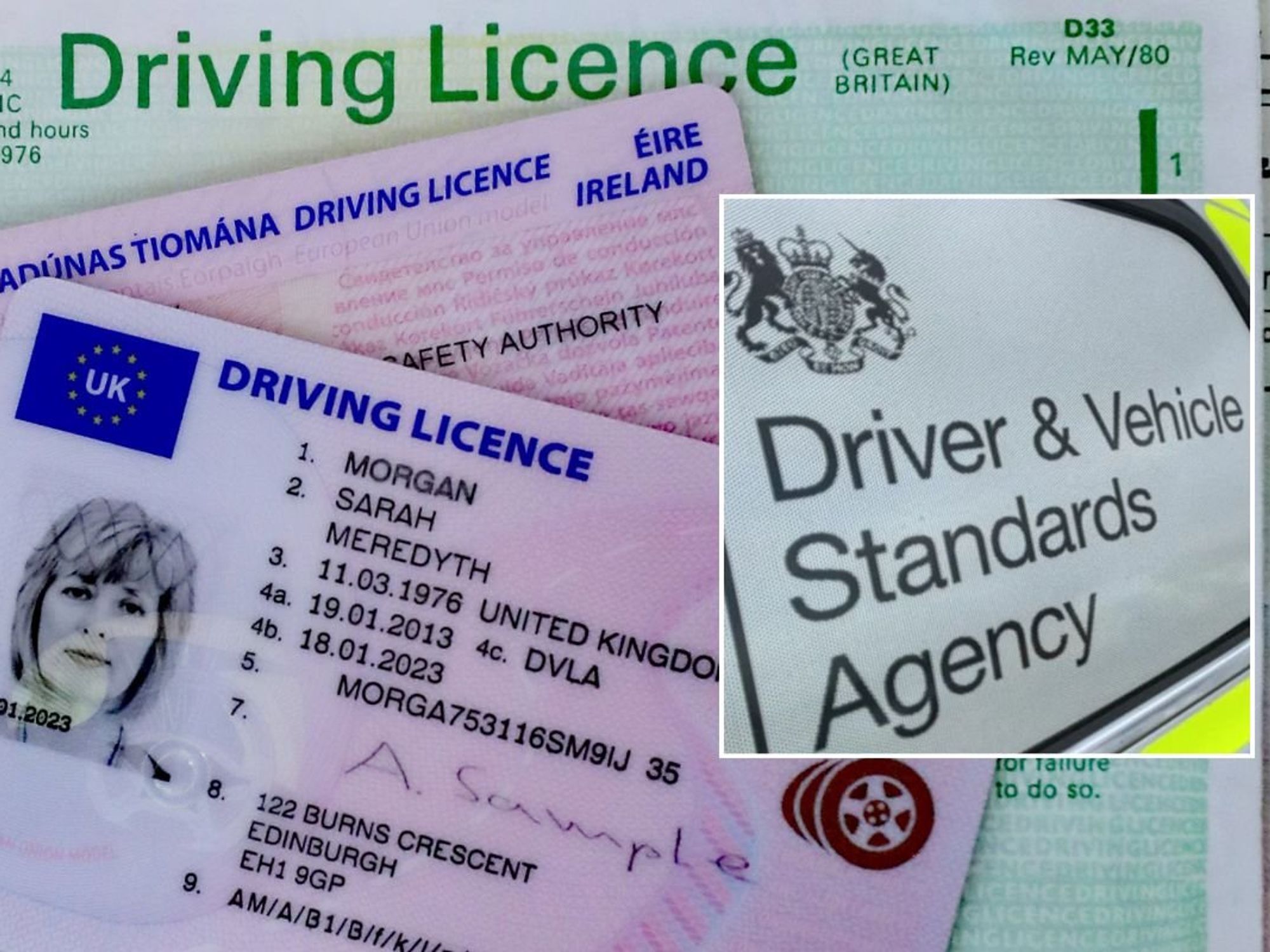Omicron: Demand for rail travel hits five-month low after rise of Covid variant
Figures from the Department for Transport show daily rail journeys in Britain during the week to December 9 were down from 63% during the previous seven-day period.
Don't Miss
Most Read
Demand for rail travel has fallen to a five-month low following the emergence of the Omicron coronavirus variant.
Provisional figures published by the Department for Transport (DfT) show daily rail journeys in Britain during the week to December 9 were at 55% of pre-pandemic levels.
That is down from 63% during the previous seven-day period.
Industry body the Rail Delivery Group (RDG) said train ticket sales have fallen from 68% of pre-pandemic levels to 59% since November 21, which is around the time Omicron was first detected in the UK.
Revenue from fares on Monday – the day that working from home guidance was implemented in England – was down 23% week-on-week, reaching the lowest level since the end of July, when all legal limits on social contact in England were removed.
RDG director general Andy Bagnall said: “Like many other parts of the economy, Omicron is dealing another blow to the rail industry, which has seen its finances decimated by the pandemic.
“The railway cannot take more than its fair share of support from the taxpayer which means changing to be more sustainable and more customer-focused.
“That will allow the railway to build back stronger for the country as we emerge from the pandemic.”
The Government has spent more than £15 billion to keep rail services running despite the drop in demand during the virus crisis, and committed to invest a further £5.7 billion over three years from 2022.











